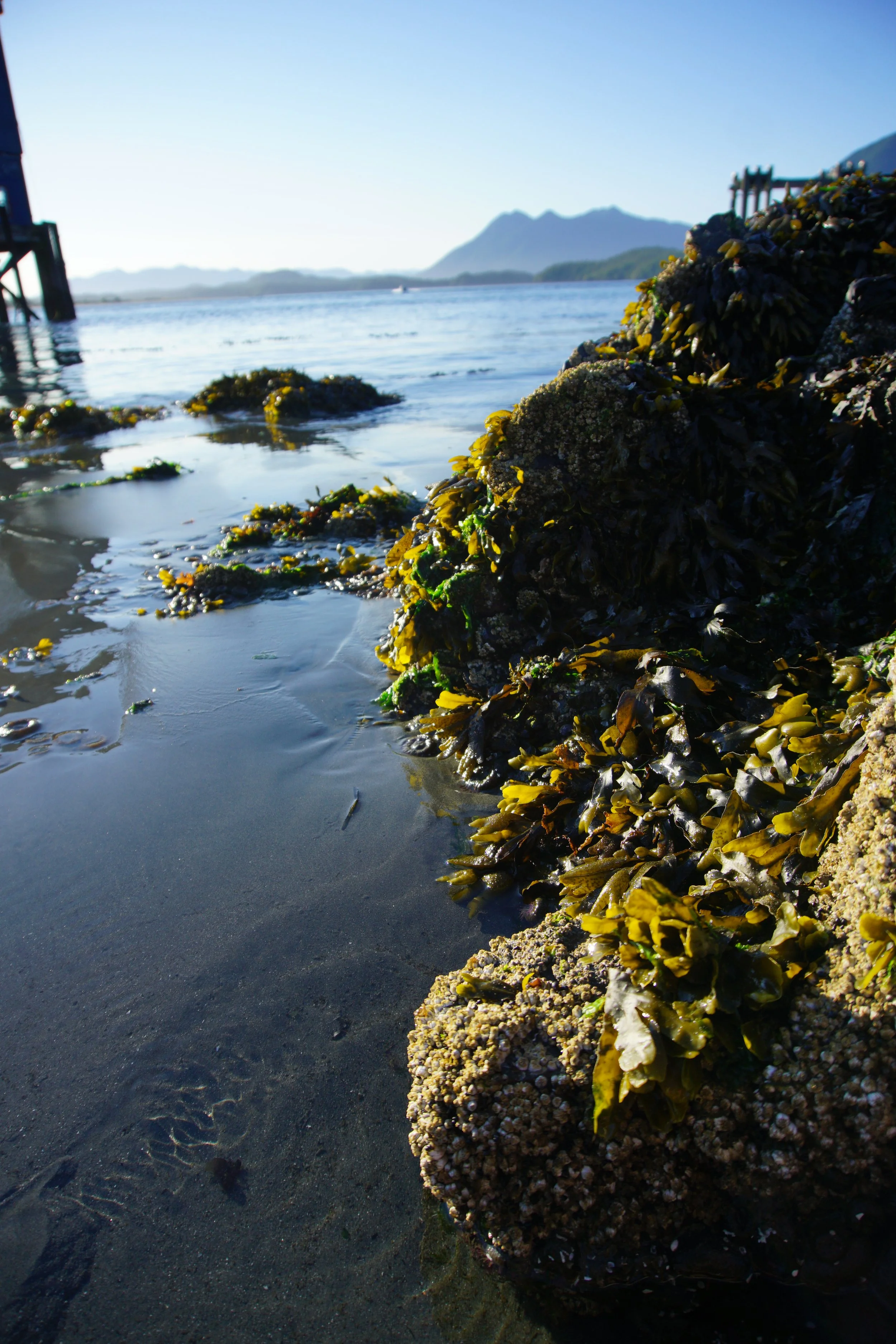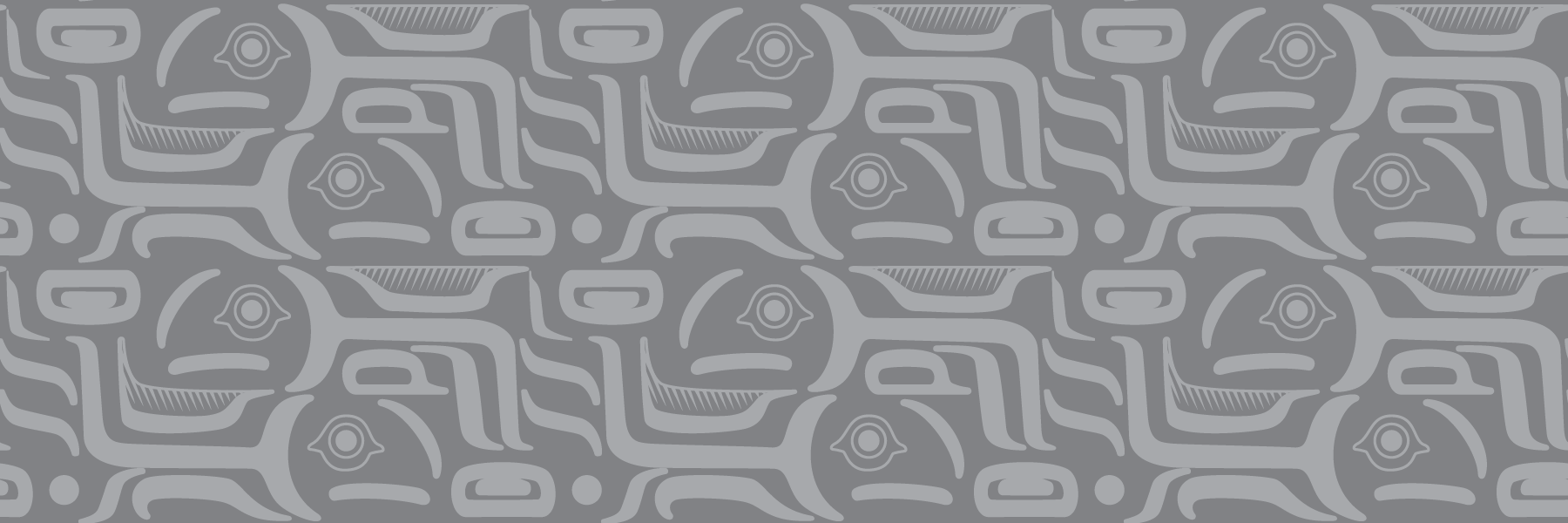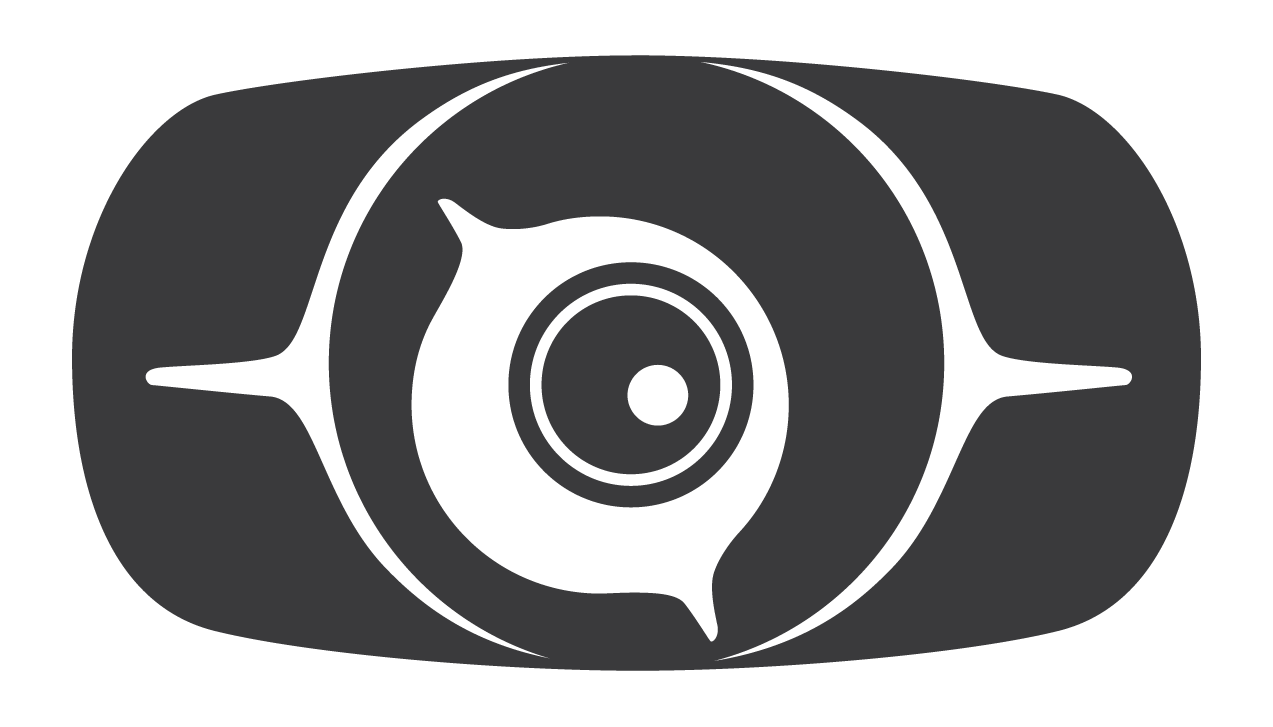
In 1996, Q’um Q’um Xiiem (Dr. Jo-ann Archibald; First Nations House of Learning) and Dr. Tony Pitcher (Institute for the Oceans and Fisheries) co-signed a letter entitled “The Case for An Endowed Chair in Aboriginal Fisheries at UBC”…
It stated that “Although fisheries are of prime importance to First Nations from both cultural and economic perspectives, Aboriginal fisheries education and issues have rarely been considered fully on campus.”

Today, the Centre for Indigenous Fisheries (CIF) is poised to address the problematic omission of Indigenous fisheries from UBC’s Vancouver campus.
But we cannot do so as a conventional university ‘lab.’
To generate collaborative science that is with and for Indigenous Peoples, we must reflect on what keeps Indigenous Peoples, fisheries, and knowledges out of the university, and re-imagine what healthy university-community relationships can look like.

Our Context
“[Western research] brings to bear… a cultural orientation, a set of values, [and] different and competing theories of knowledge. Played out in systems of power and domination, [the underlying orientations of Western research have] material consequences for colonized peoples.”
- Linda Tuhiwai Smith (Ngāti Awa and Ngāti Porou, Māori), Decolonizing Methodologies
Figure 3 from Reid et al., 2020; artwork by Nicole Marie Burton
Too often, the consequence of unjust systems of power (e.g., settler colonialism) being at work in Western research is the exclusion of Indigenous Peoples, knowledge systems, sciences, and values from academic research practices.
Not only is this ethically problematic, it also limits our collective ability to enact fisheries practices that prioritize the wellness and good treatment of all beings.
To address the current severity of contemporary biodiversity and fisheries crises, we must consider how Indigenous and Western knowledge systems might co-exist, so that the best tools and understandings at our disposal are employed.

Our Core Values
-

Our Mission
To support Indigenous-led care for culturally-significant fish and fisheries by working toward realities where Indigenous rights and knowledge systems are prioritized and respected.
-

Our Vision
Become a hub, among many, for Indigenous fisheries science, knowledge sharing, and learning by working alongside an expansive network of rightsholders and stakeholders.
-

Our Impact
Generate capacity for Indigenous communities and scholars to direct fisheries research in ways that uphold, honour, and recognize Indigenous rights and knowledge systems.


Our Foundational Initiatives
To create the change we hope to see, we begin with ourselves. The Centre was formed based on a vision of Indigenous knowledge holders, elders, and artists coming together to exchange and produce knowledge. To bring this vision into fruition, three initiatives were identified as being key aspects of the Centre’s structure.
Actions to establish and carry out these initiatives are underway! These initiatives build on UBC’s Indigenous Strategic Plan and the UBC IOF Aboriginal Fisheries Research Unit Strategic Plan 2017.

-

Indigenous Advisory Council
This Council provides culturally-relevant leadership and guidance on matters such as strategic direction, community outreach plans, and research & ethics protocols.
-

Community Arts & Experts Program
We welcome an artist and cultural advisor to join the Centre in paid and recognized capacities, creating opportunities for sustained collaboration.
-

Indigenous Learners' Gathering
We convene our past, present, and prospective students, community partners, members, and friends to share stories, science, and celebration together.


Our Name
Centre for, not Centre of
We decided together to be known as the ‘Centre for Indigenous Fisheries’ in recognition that we are a collective of scholars, artists, advocates, and community members that have come together to serve Indigenous fishing communities and Peoples. We are not the ‘Centre of Indigenous Fisheries’ because Indigenous fishing activities and practices do not emanate from within university walls. Rather, they emanate from embodied teachings like providing for one’s Elders and community, or from an ancestrally-imbued and core-shakingly felt love of the Water.
We have chosen our name as a reminder to reflect on our place and purpose within the university. At the same time, our name grounds us in all that is outside the university: It reminds us to look beyond the university’s walls to the Indigenous communities, homelands, fishers, and fish who inspire and manifest-into-being the purposes of the Centre.
“The CIF’s research is not about any one person, it’s about all. As such, the group collectively decided against naming the lab after any one team member.”
Our Logo
“At its center, [this design] depicts an eye… symbolizing the concept that what we study also views us back. The environment responds to our understanding and how we interact with it, [so the eye] reminds us of that the land relates back to us as we relate to it. The outer part [of this design] represents salmon fins. The whole design is made to feel solid and wholistic. Emphasizing the weight of land [and waters]. The strength of [them].”
- Rico Worl, logo creator
Our Team
Return to our Home Page to meet the people that make up the Centre for Indigenous Fisheries!
(Return to Home)

Photo Credits & Gratitude: We hold our hands up in thanks to Peggy Homan, Nicole Marie Burton, Nicole Jung, Marty Clemens, & Michelle Buchholz.









